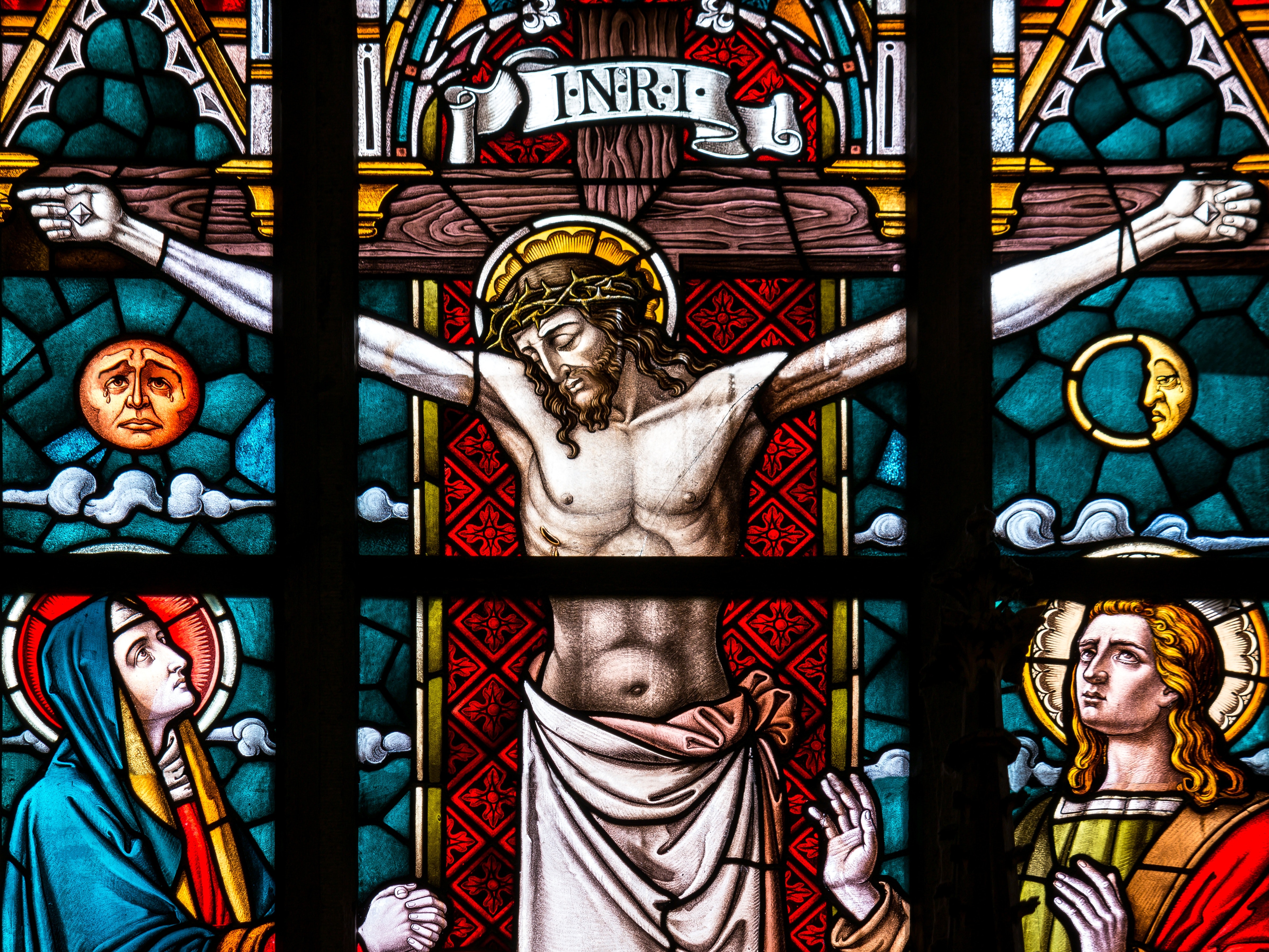Here is the church and here is the steeple, open the doors and there’s all the people.
Do you know that little hand motion? I do, because I grew up in the church. As a little girl I loved attending Sunday services. As an adult, I realize it can be complicated. Don’t get me wrong, I believe the church is essential to living out the Christian faith. I also believe that Christian community can be one of the most beautiful realities on this side of Heaven.
That said, the church is comprised of Christians, which means, as with everything involving people, it can be messy.
Unfortunately, with broken people in the church, and even sometimes leading it, there have been times when our community conduct has ranged from merely misguided to exceptionally ugly. Church hurt is a painful reality that too many have experienced, and it is time, as lovers of truth, for an exercise in honesty.
As the church, we are called to reflect Christ, but too often our testimony is tainted, and we damage the reputation of the one we are called to represent. Just think about recent headlines.
What have people heard about us? Podcasts detailing the rise and fall of spiritual leaders and their empires. What have they read? Articles outlining monetary mismanagement and dishonest gain. What have they seen? Documentaries and reports exposing sexual abuse that was then covered up by church members and leaders.
So, what do we do?
Well, many have left the church. I’m not speaking here about leaving a local community where abuse is actively occurring, but rather about leaving the Church entirely?
Is that the answer? I can understand why spiritual isolation might be tempting, and it is true that those who have been hurt will need time to heal, but Scripture is clear that Christian community is a part of God’s plan for believers.
In case you are unconvinced, let me paint a quick picture: Christ is called the head of the church (Col. 1:18), and the church is called the body of Christ (1 Cor. 12:27). It simply isn’t possible to be in Christ, meaning he is the head or authority of your life, and yet willingly choose to dwell outside of his body. If this analogy alone is unconvincing, let me remind you that regular gathering is also the pattern set forth in the book of Acts which gives us the history of the church (Act 2:42-47, Acts 20:7). Additionally, the author of Hebrews tells Christians not to give up meeting together (Heb. 10:24-25). It seems that Christ takes the idea of church pretty seriously. While there may be times or places where gathering isn’t possible, when it is, there is a clear exhortation in Scripture to be a part of the community of faith.
But again, what do we do when the church fails?
First, I think we need to recognize that this is not the first season in which the people of God have failed. I don’t mean that in a flippant way that gives us some sort of exemption on the current state of affairs, but rather in hopes that we can learn from the history of the human heart as narrated on the pages of Scripture. Read through the Epistles and you will see that these letters to the early church were filled with correction about their teachings, behaviors and attitudes. Even further in the past we see that Israel’s sin brought about devastating destruction to their spiritual and physical community (Jer. 2). In the wake this calamity, the prophet Jeremiah led the people in lament (Lam. 3). It seems fitting to follow his example today and collectively cry out from heavy hearts, in mourning, with and for the wounded.
Additionally, we should also pray for the church. We should ask God to produce in us a Godly sorrow that leads us to repentance (2 Cor. 7:8-10, Ps. 51:17 ). Our communal response must get beyond grief or even guilt, to real change. Churches need to have honest conversations about why and how these types of exploitations occur and how to minimize them. There needs to be bold accountability within the body when it comes to both spiritual and physical abuse.
Furthermore, in times of corporate spiritual failure it is also important to remember that there is always a remnant of faithful people. In the period of the judges, where moral relativity reigned supreme, we see the story of Naomi, Ruth and Boaz. In the midst of Babylonian captivity, we learn about Daniel and his group of friends. And even now, as we read about stories of church failure, we should also remember that there are servant pastors and real Christians who are, not perfectly, but faithfully living the gospel. There are Bible-centered churches that do represent Christ in their communities. Let us all seek to be a part of these bodies.
Finally, and most importantly, we should remember that God is faithful despite our failings, individually and collectively. This is just as true for us today as it was in aftermath of destruction in Jeremiah’s time, so perhaps these famous words from his lament are a fitting end for this conversation:
I remember my affliction and my wandering, the bitterness and the gall. I well remember them, and my soul is downcast within me. Yet this I call to mind and therefore have hope: Because of the Lord’s great love we are not consumed, for his compassions never fail. They are new every morning; great is your faithfulness. I say to myself, ‘The Lord is my portion; therefore I will wait for him” (Lamentations 3:19-24).




this is so beautiful and convicting. Excuse me Lamentations verses that I have not read in awhile. I’ve been so bummed out by what I’ve read and heard recently about the church, leaders, and at times my own heart that is just easier to think the solution for some peace of mind is to not find community or a new church. But these reminders of Gods faithfulness and faithfulness in others have me feeling a bit excited and refreshed to keep tryin with maybe 30% more openness for now. 🙂 I’m looking forward to part 2!
Thanks Lindsey! I know my own heart has been heavy with all the recent news about “the church,” but thank God he is faithful. I hope you are able to find a body to belong to!
Thank you.. I’ve been attending church, but most weeks I still cry. Obedience isn’t always easy, but I agree with your thoughts.